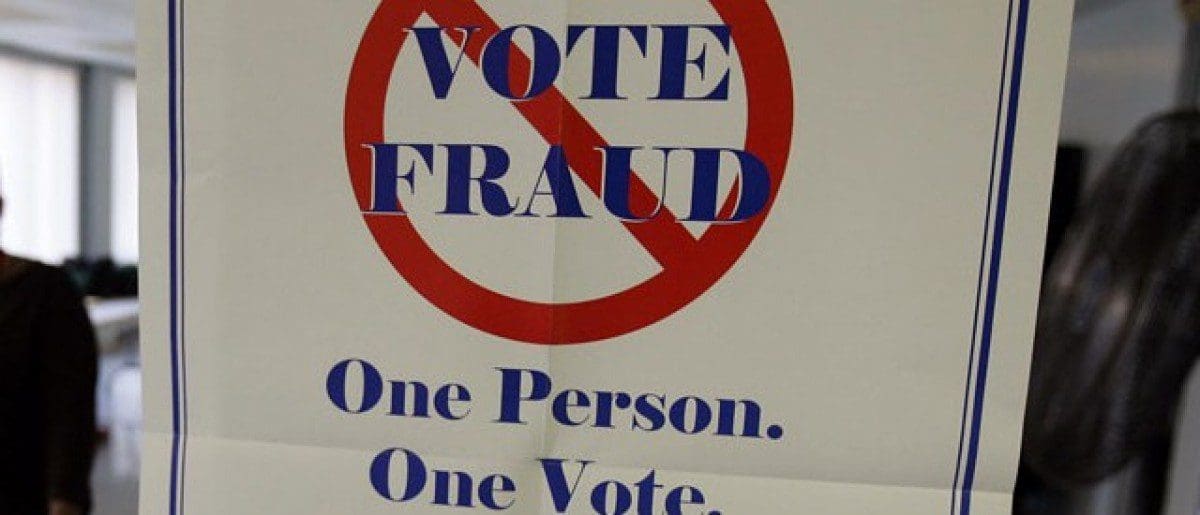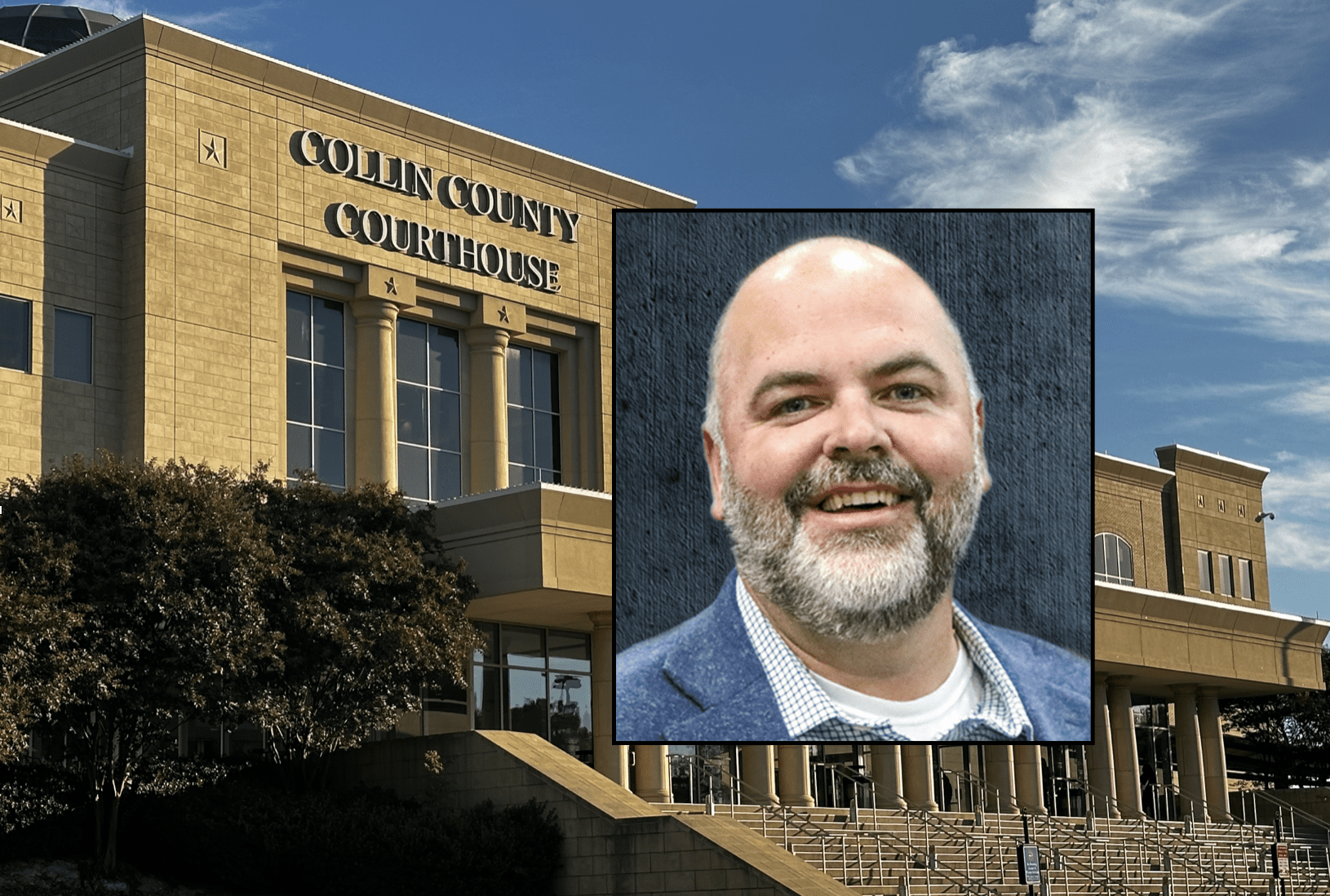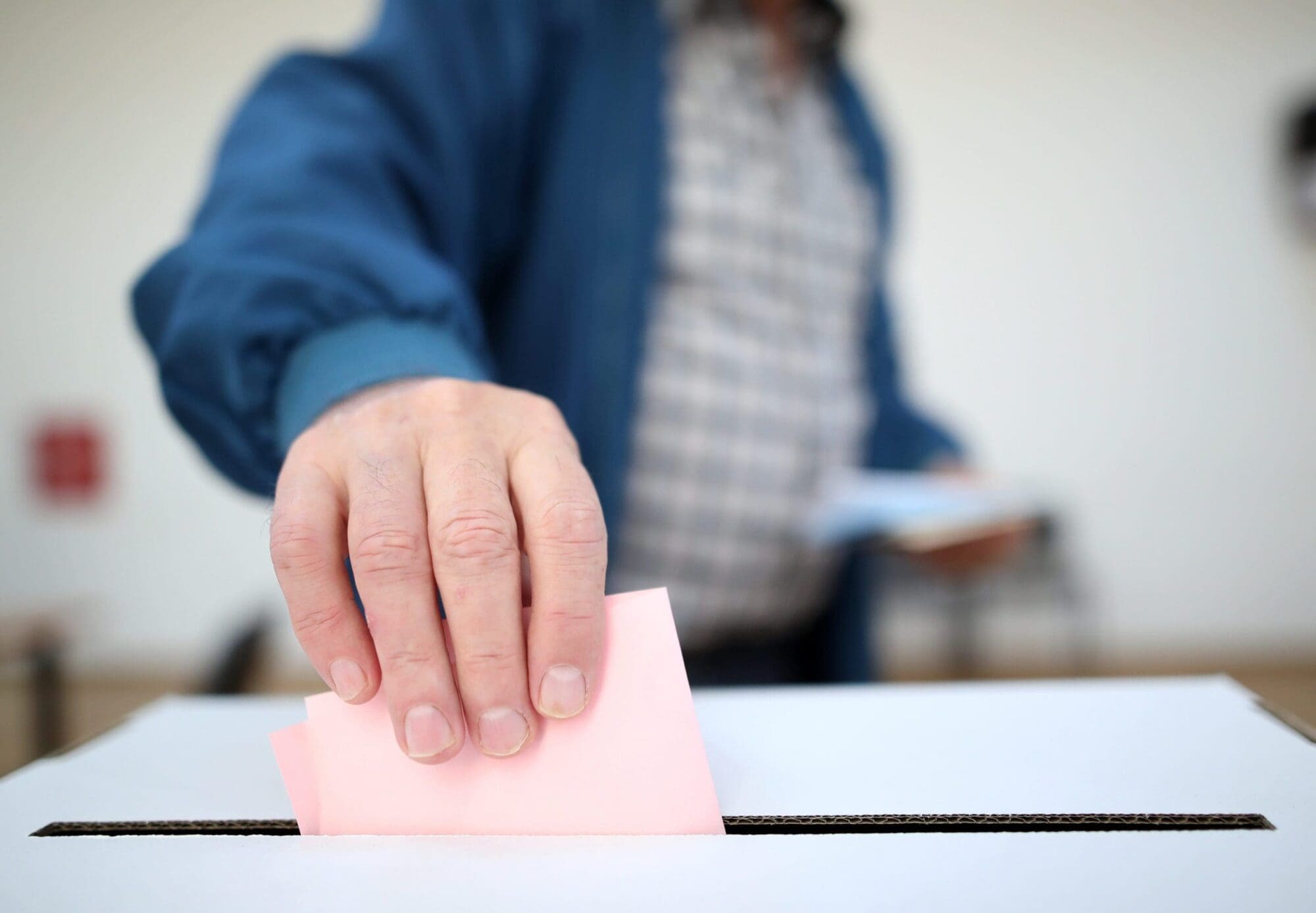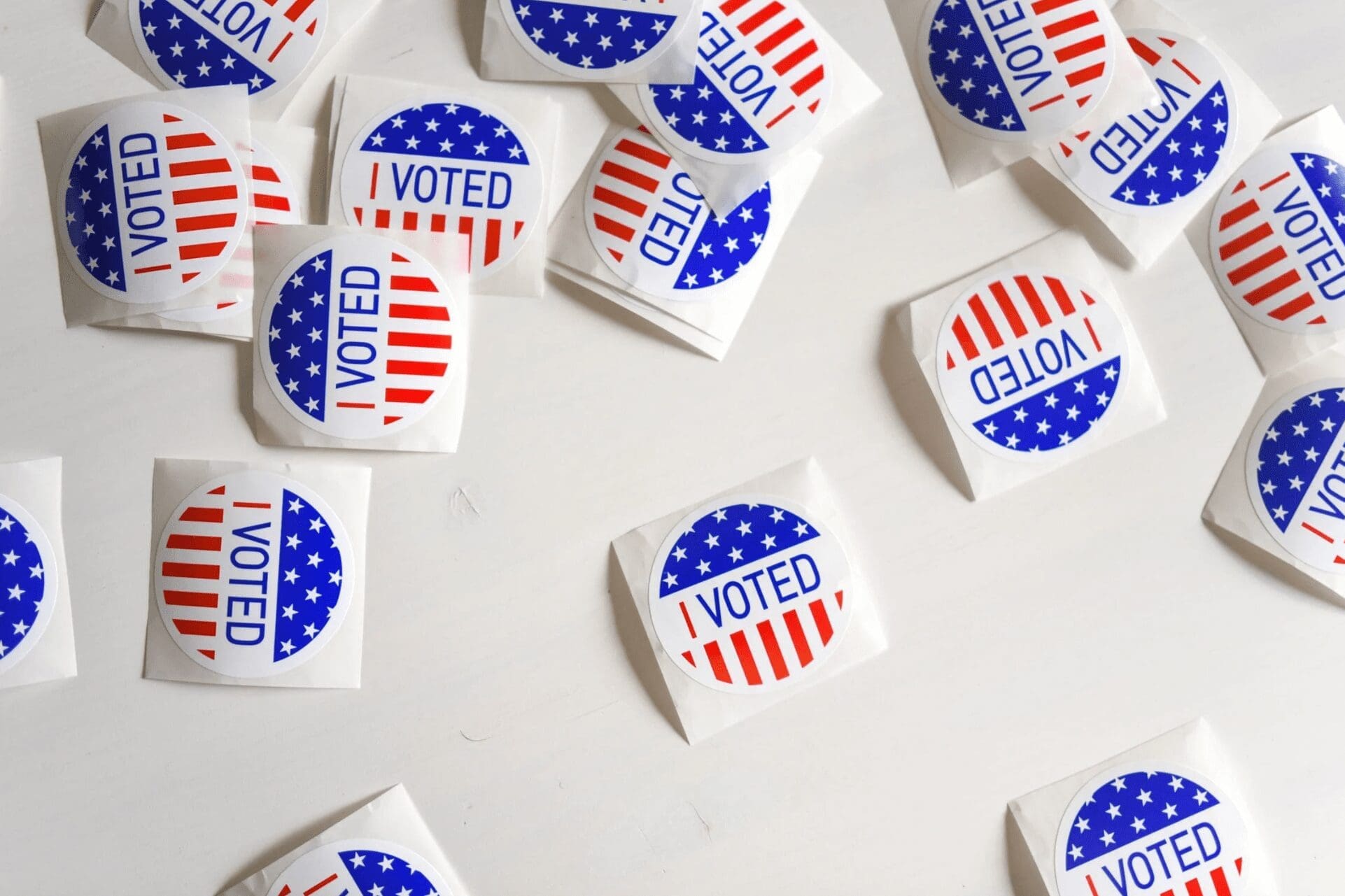With 48 days remaining in this year’s regular session, a handful of measures to protect Texas elections are moving quietly through the state Legislature. This is a big change from two years ago, when election integrity fights consumed much of the energy in the Austin capitol and sparked multiple special sessions.
The Republican-led Legislature passed several significant election reforms in 2021.
The biggest was Senate Bill 1, a comprehensive package that Democrat lawmakers delayed with a month-long quorum break to attract national media attention (and that Democrat lawyers quickly challenged in federal court).
Yet grassroots GOP activists say more needs to be done to secure Texas elections against fraud and mismanagement.
One Texas GOP priority election bill that’s seen movement this session is Senate Bill 1070 by State Sen. Bryan Hughes (R–Mineola), which received preliminary approval from the Senate on Tuesday on a party-line vote of 19-12.
SB 1070 effectively bars Texas from participating in a controversial voter roll interstate crosscheck program, known as ERIC, by setting new cost limits and security requirements for any program used by the state.
Texas law requires the state to participate in a crosscheck program, but some GOP officials and election integrity advocates want the state to withdraw from ERIC due to concerns about the program’s costs, data security, and possible partisan access to voter data.
No other crosscheck program currently exists, but Hughes said “a number of states already expressed interest” in a new interstate crosscheck program being developed by the Texas secretary of state’s office.
Another Texas GOP priority making progress, Senate Bill 2 by Hughes, restores felony penalties for illegal voting offenses.
“We are restoring the law to where it was two years ago,” Hughes said during Senate debate on SB 2.
SB 2 passed the Senate on March 14 on another party-line vote and was sent to the House the following day. But Speaker Dade Phelan waited 25 days, until April 10, to refer SB 2 to the House Elections Committee, where the bill awaits a public hearing.
A few other election reforms are also moving through the Legislature.
Senate Bill 921, also by Hughes, prohibits “preferential” voting in elections for public office.
Preferential voting, also called ranked-choice voting, allows voters to rank candidates for an elected office in order of preference, eliminating the need for a runoff election in the event no one receives a majority.
The Texas GOP opposes ranked-choice voting.
SB 921 passed the Senate on March 28 on a party-line vote and was referred to the House Elections Committee on April 3.
Senate Joint Resolution 35 by State Sen. Brian Birdwell (R–Granbury) proposes a state constitutional amendment clarifying that a Texas voter must be a United States citizen.
Proposed amendments require a two-thirds vote in each chamber to be placed on the ballot, where they must receive a majority vote.
SJR 35 passed the Senate on March 27 with a vote of 29-1 and was referred to the House State Affairs Committee on April 10.
State Sen. Paul Bettencourt (R–Houston) filed two measures in response to a string of botched elections in Harris County—the largest county in Texas with 15 percent of the state’s registered voters—that highlighted the need for improvements in how elections are administered.
Senate Bill 1907 increases the criminal penalty for failing to deliver precinct election returns by the statutory deadline from a Class B to a Class A misdemeanor and allows the secretary of state’s office to supervise completion of the returns.
Senate Bill 1950 prohibits an election official from suspending any mail-ballot acceptance requirements and creates a Class A misdemeanor for offenders.
SB 1907 and SB 1950 passed the Senate on April 6 and were received by the House on April 11.
Lt. Gov. Dan Patrick, who leads the Senate, placed restoring felony penalties for illegal voting near the top of his priorities list but didn’t prioritize any other election measures.
No election-related reforms are included on House Speaker Dade Phelan’s list of legislative priorities.
As of April 11, only two bills have moved out of the House Elections Committee and none have yet reached the House floor.
The 140-day regular legislative session ends May 29.
No ads. No paywalls. No government grants. No corporate masters.
Just real news for real Texans.
Support Texas Scorecard to keep it that way!





